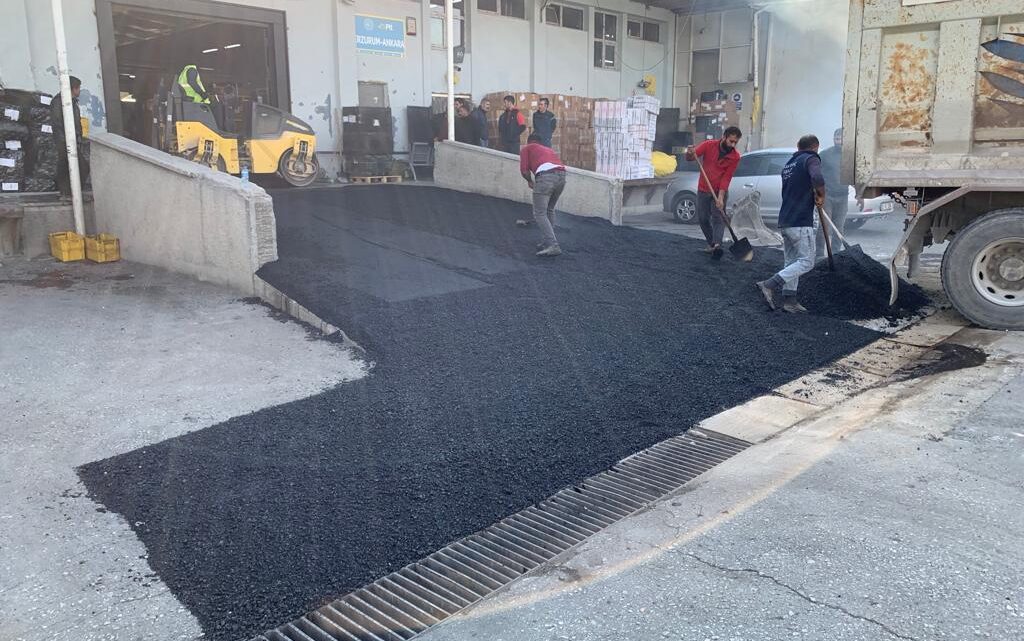
Cold Asphalt
Cold asphalt is a new technology that has emerged in recent years. In this context, our infrastructure and transport networks continue to expand. As they continue to develop, the demand for innovative and efficient road construction and repair materials increases. One such groundbreaking solution that has gained popularity in recent years is cold asphalt. Unlike traditional hot mix asphalt, ready asphalt does not require heating and can be used directly at ambient temperatures.
What is Cold Asphalt?
Ready asphalt is used for road construction and other surfacing applications. It is produced in asphalt plants in contrast to hot mix asphalt, which is produced at high temperatures. In this context, cold asphalts is produced at ambient temperatures ranging from approximately 50°F to 85°F.
Composition of Cold Asphalt
The basic components of cold asphalts typically include:
Aggregate: Crushed stone, gravel or sand that provides structure and stability to the mix.
Bitumen Emulsion: A specially formulated binder that holds the aggregate together. Bitumen emulsions are water-based. Moreover, the process is carried out in contrast to hot bitumen used in hot asphalt. In this context, no heating is required for application.
Additives: In some cold asphalt formulations it may be desirable to improve the performance and durability of the mix. This may involve special additives such as fibres, polymers or rejuvenators.
Advantages of Ready Asphalt
Environmentally Friendly: Ready asphalt production produces significantly less greenhouse gas emissions than hot asphalt. The lack of heating requirement also reduces energy consumption. This makes it a more environmentally friendly choice.
Lower Costs: Intensive heating is not needed in ready asphalt. Therefore, it is more cost-effective than hot mix asphalt. It is also simpler and faster to apply. Therefore, this reduces labour costs.
Extended Application Season: Unlike hot mix asphalt, which has temperature limitations, ready asphalt can be applied year-round, even in colder weather conditions. This extends the construction season.
Reduced Traffic Interruption: Ready asphalt has a fast curing time. This allows repaired roads and surfaces to be reopened quickly. Cold asphalt thus minimises traffic disruptions and inconvenience to motorists.